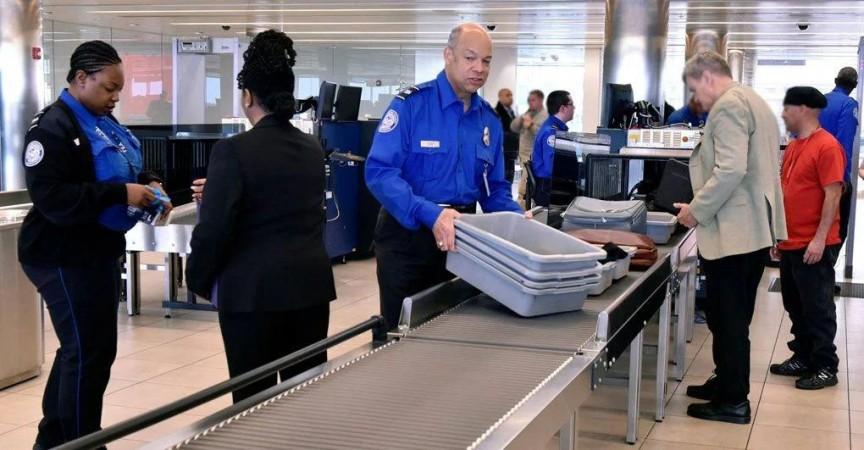
In a significant move aimed at enhancing cooperation in civil aviation and streamlining the travel process for passengers, a top US aviation security official has proposed a one-stop security screening arrangement with India. David Pekoske, head of the US Transportation Security Administration (TSA), made this proposal at the start of a three-day India-US civil aviation summit held in Washington, D.C., on June 25, 2024.
The proposed one-stop security screening arrangement is designed to eliminate the need for re-screening US-bound passengers at their Indian departure airport. This means that passengers' checked bags would go directly from the aircraft to the next flight in almost every situation. Pekoske described this as a powerful concept that offers numerous benefits, including raising global aviation security standards and reducing duplication of security efforts.
The proposal is part of broader efforts to enhance cooperation between the US and India in civil aviation security. Pekoske suggested several other areas of cooperation to harmonize aviation security between the two countries, including data sharing and cybersecurity.
![Airport security [Representational Image] Airport security](https://data1.ibtimes.co.in/en/full/666349/airport-security.jpg?w=649&h=432&l=50&t=40)
Strengthening Partnership and Enhancing Security
He also expressed the desire to post a TSA representative, known as a TSAR, in New Delhi to strengthen the partnership and ensure continuous interaction for better aviation security. This move is seen as a significant step towards enhancing the efficiency and customer satisfaction in the civil aviation sector.
The India-US civil aviation summit, the seventh iteration of which took place after a gap of seven years due to the Covid-19 pandemic, is a significant platform for high-level discussions between the two countries in the civil aviation sector. The summit was hosted by the US Trade Development Agency (USTDA) in collaboration with the Indian Civil Aviation Ministry.
Civil Aviation Secretary Vumlunmang Vualnam, who led the Indian delegation, highlighted the robust recovery of India's civil aviation industry post-Covid. He noted that air passenger levels, both domestic and international, have returned to pre-Covid levels. He also pointed out that new airlines have started operations in the last few years, and more are in the pipeline.
Improving Passenger Experience and Reducing Waiting Times
In a related development, the Bureau of Civil Aviation Security (BCAS) in India has issued a directive mandating airlines to ensure that the initial checked-in baggage appears on the baggage carousel within 10 minutes of a flight's arrival, with all baggage to be delivered within 30 minutes. This directive is aimed at improving the passenger experience by reducing waiting times at airports and addressing one of the key concerns of travelers, which is timely baggage retrieval.
The proposed one-stop security screening arrangement and the BCAS directive on baggage delivery are significant steps towards enhancing the efficiency and customer satisfaction in the civil aviation sector. They reflect the ongoing efforts to address the challenges and seize the opportunities in civil aviation as the industry recovers from the impact of the Covid-19 pandemic.
In conclusion, the India-US civil aviation summit and the proposed one-stop security screening arrangement mark a significant milestone in the cooperation between the two countries in civil aviation. They reflect the shared commitment to enhancing aviation security, streamlining the travel process for passengers, and improving the overall passenger experience. As the civil aviation industry continues to recover from the impact of the Covid-19 pandemic, such initiatives are crucial in fostering resilience, promoting growth, and ensuring the sector's long-term sustainability.

















